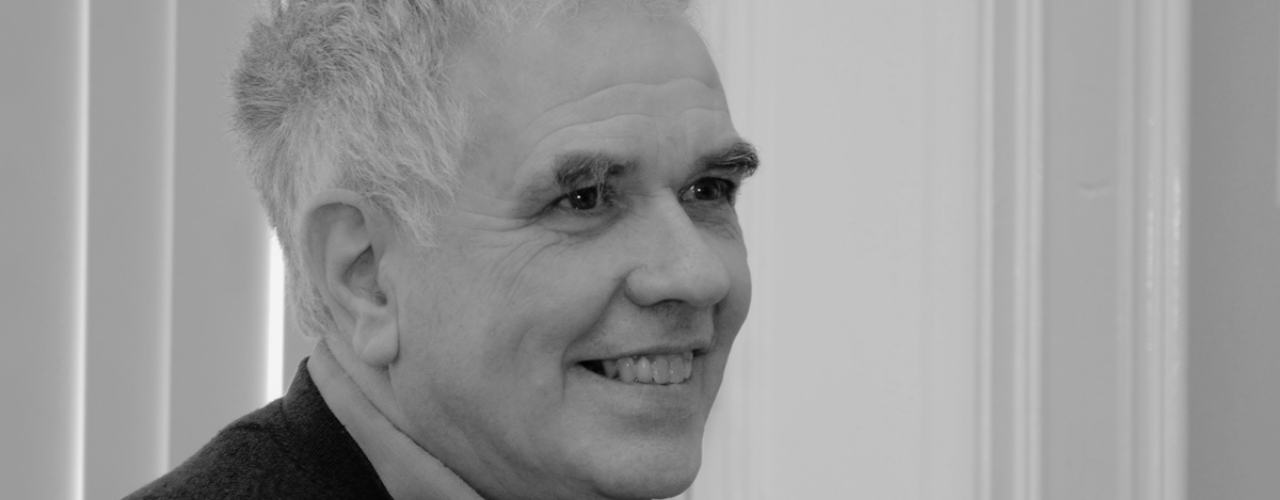
An Overview of Challenges Faced in Irish Prisons
Most prisoners come into prison with an addiction issue, receive little or no help with their addiction, and leave prison with the same addiction issue. And we are surprised when they reoffend!

Most prisoners come into prison with an addiction issue, receive little or no help with their addiction, and leave prison with the same addiction issue. And we are surprised when they reoffend!
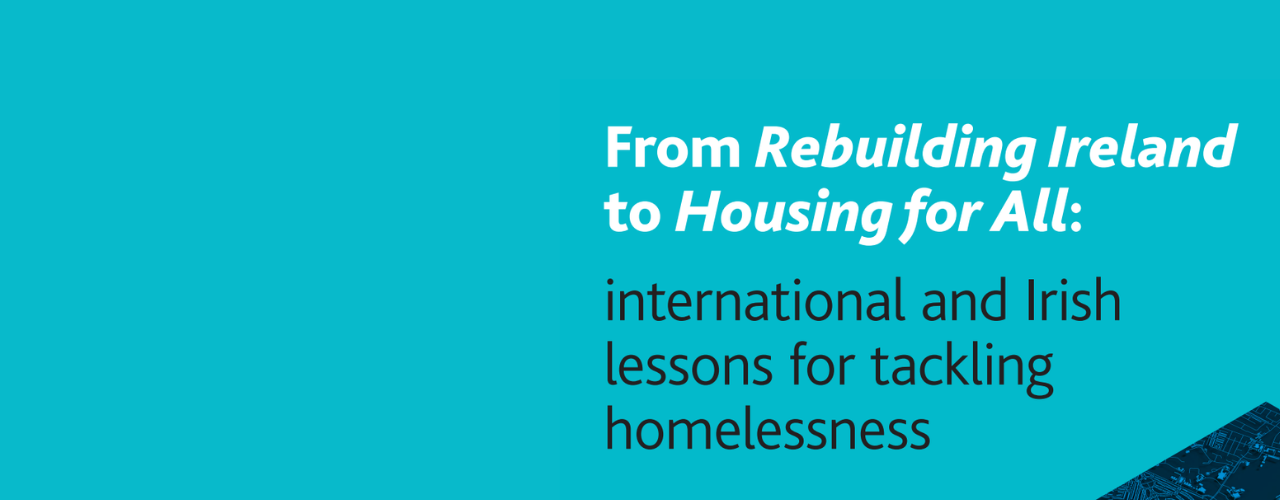
Our research had shown us, time and time again, that homelessness is not an inevitability, not some unintended by-product of the normal functioning of an economically developed society that had to be accepted as a part of life. The well intentioned, but essentially incorrect, statement that ‘homelessness can happen to anyone’ is not backed by the evidence.
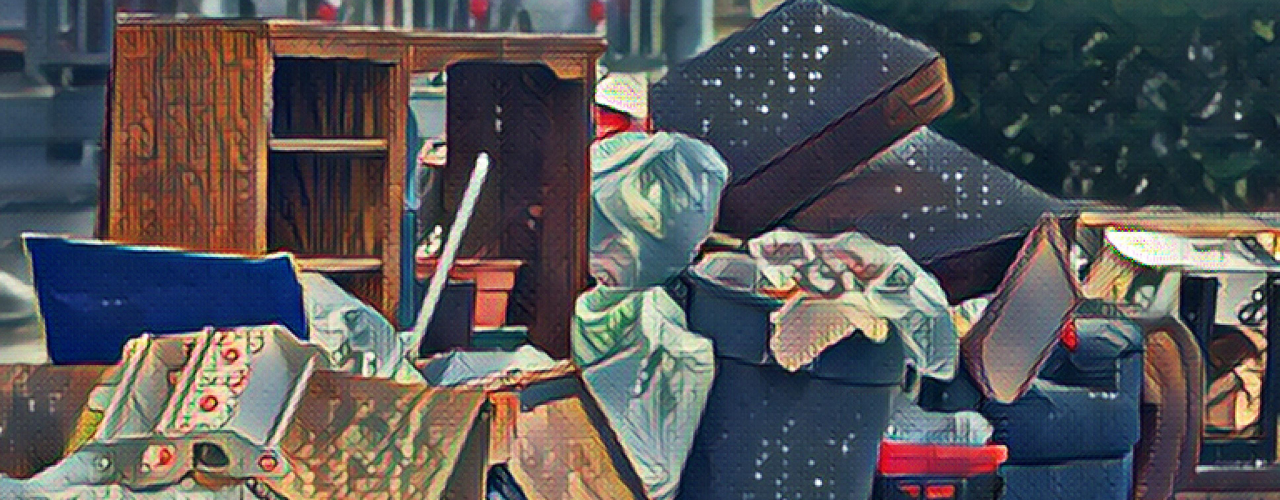
During Covid-19, the eviction ban was considered to be constitutional because we had a health emergency. It could now be re-instated on the grounds that we have a housing emergency.

It was a demoralising, destructive and dehumanising experience, with no redeeming features, characterised by idleness and boredom. Some politicians and tabloid media believed the regime was not sufficiently harsh to deter them from committing further crime on release. One young person there summed it up very succinctly when he said: “This place brings out the worst in you.”
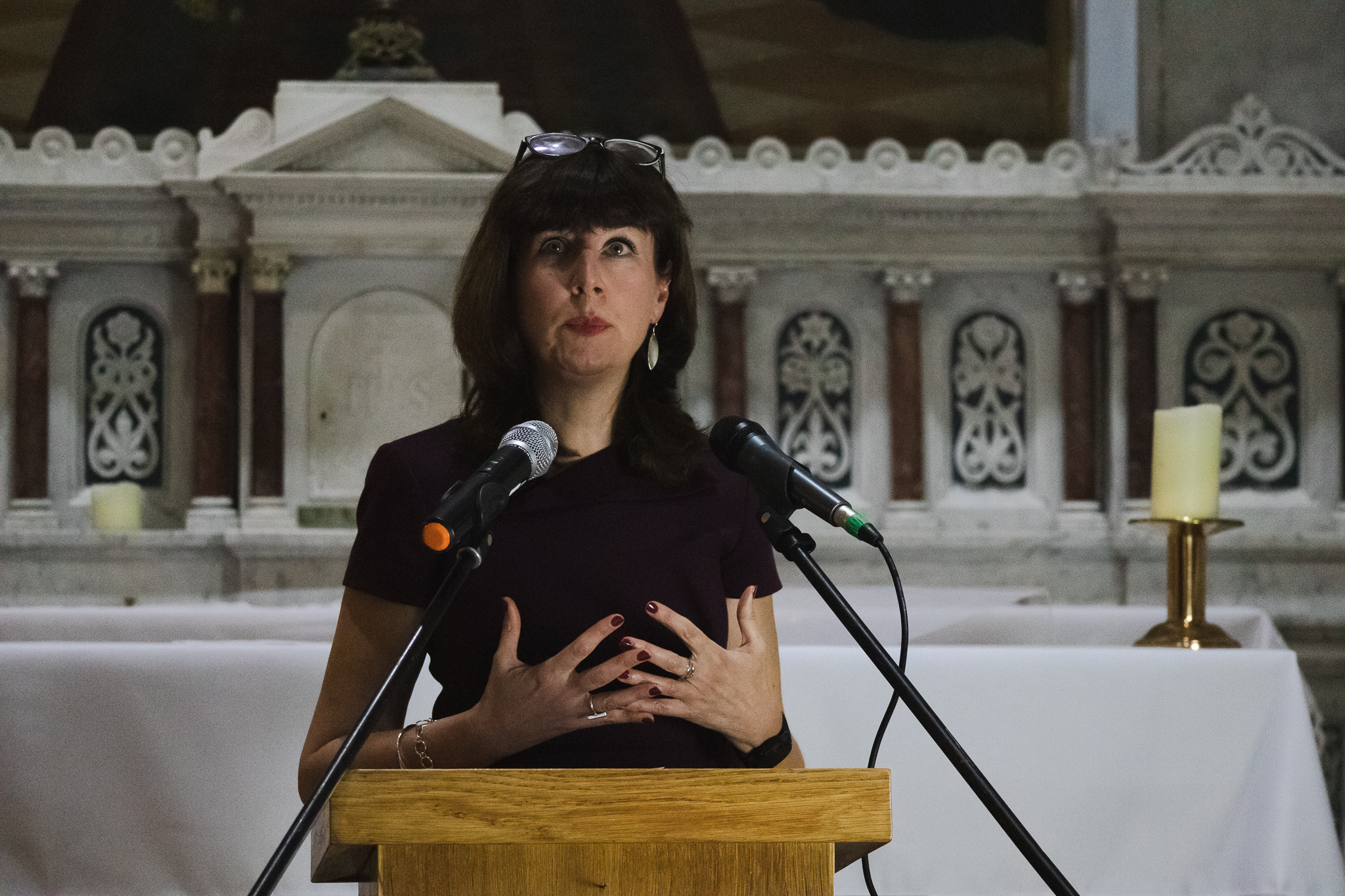
‘We are first of all, not doers of the common good, but receivers of the common good. And then co-creators and participants within an active process in history. We are witnesses to that good. And in a suffering world, we are those called to lament, to rage and to struggle for the victory of that life.’
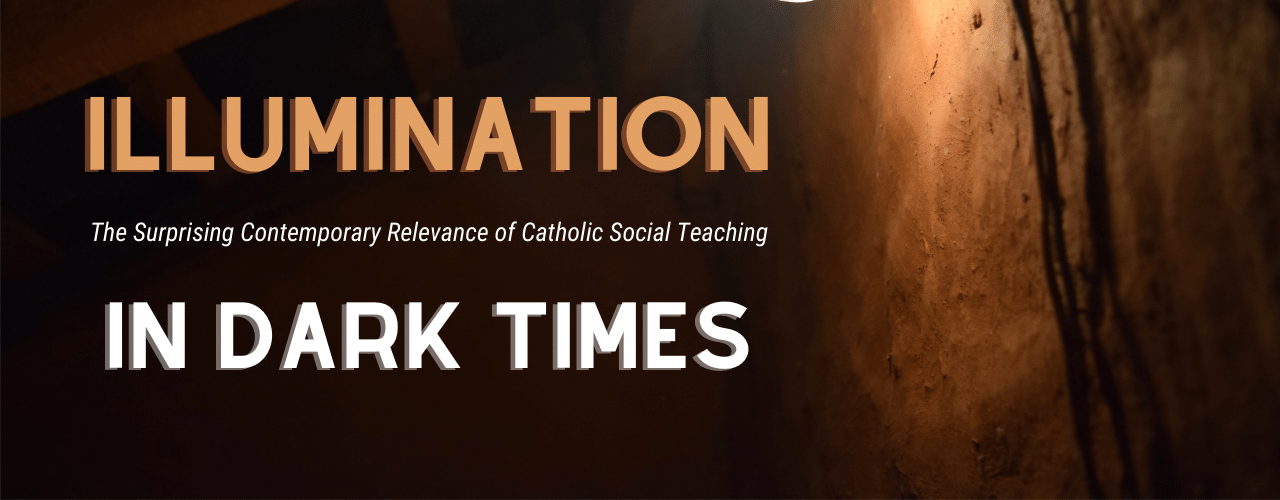
The lecture takes place on Thursday March 24th at 7pm at the Jesuit Centre for Faith and Justice in Upper Gardiner Street, Dublin. It is a free event but registration is necessary.
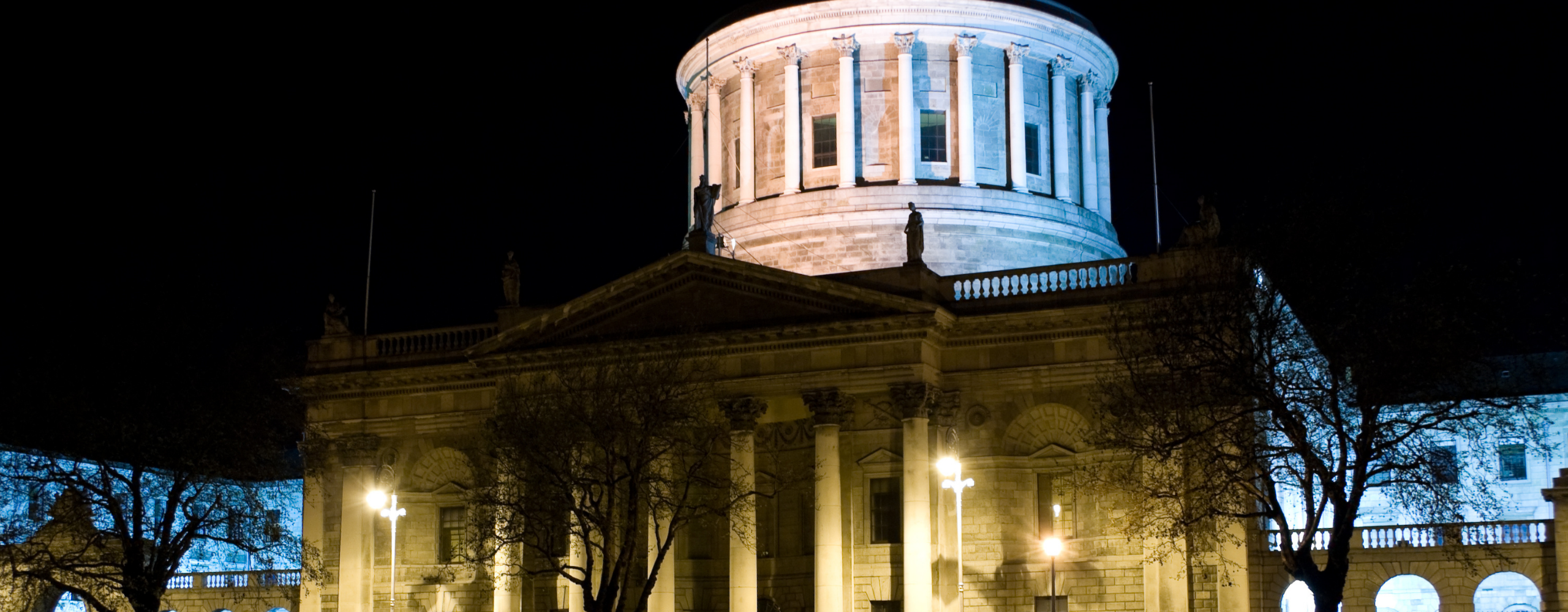
Peter McVerry SJ was on the Whitaker Committee in 1984 which reported to government the following year that communities are made safer not when we imprison more people for longer, but when those we imprison are released as better people, with more skills, more opportunities open to them and more hope that their future can be different from their past.
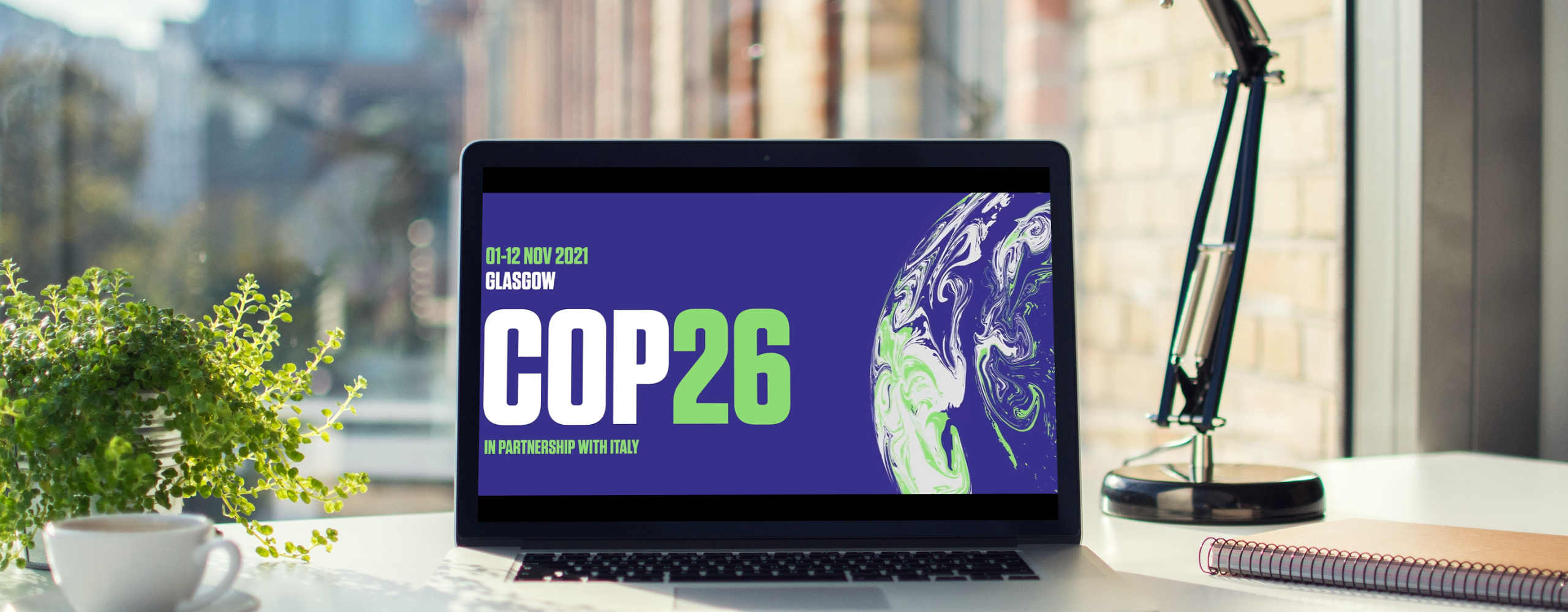
For anyone who missed our ‘Cop On’ webinar with speakers Sean McDonagh and Jerry Mac Evilly about the COP26 climate summit, you can now watch a recording of the event.
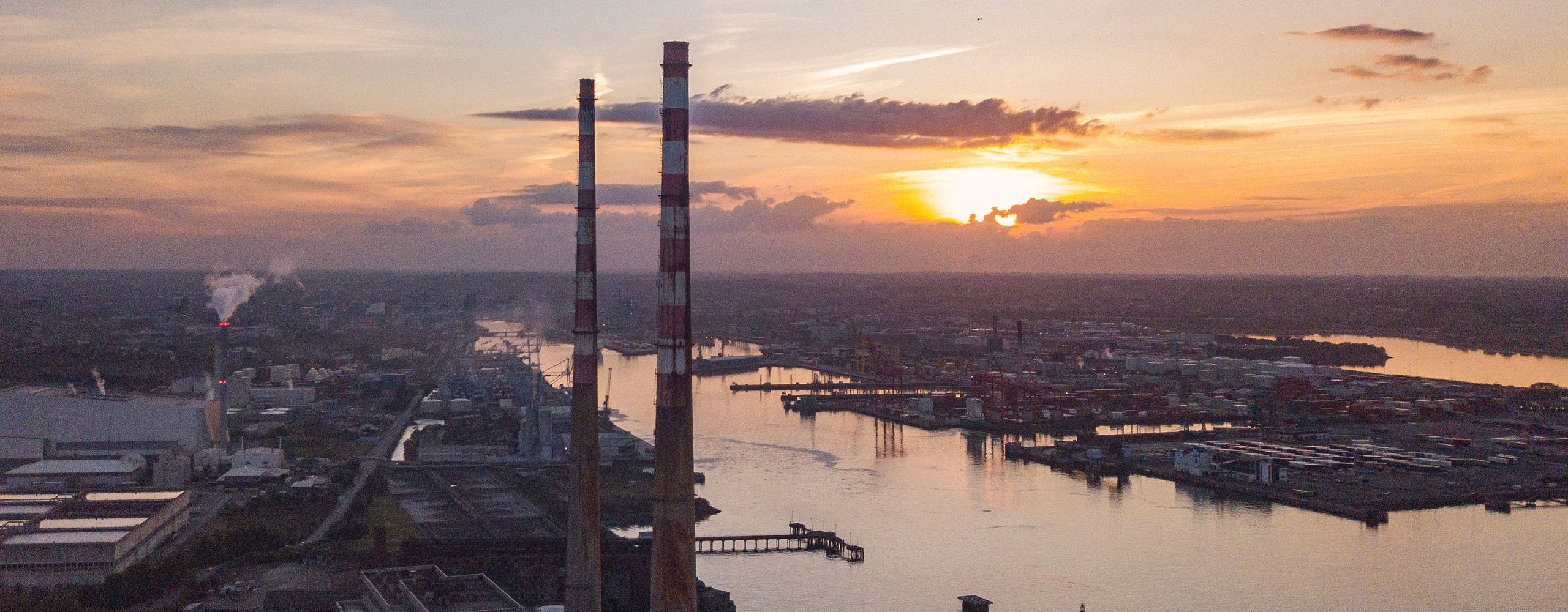
The recommendations in the Kenny Report from 1973 could have prevented, or at least mitigated our current housing and homelessness crisis. So why were those recommendations ignored? asks Peter McVerry.
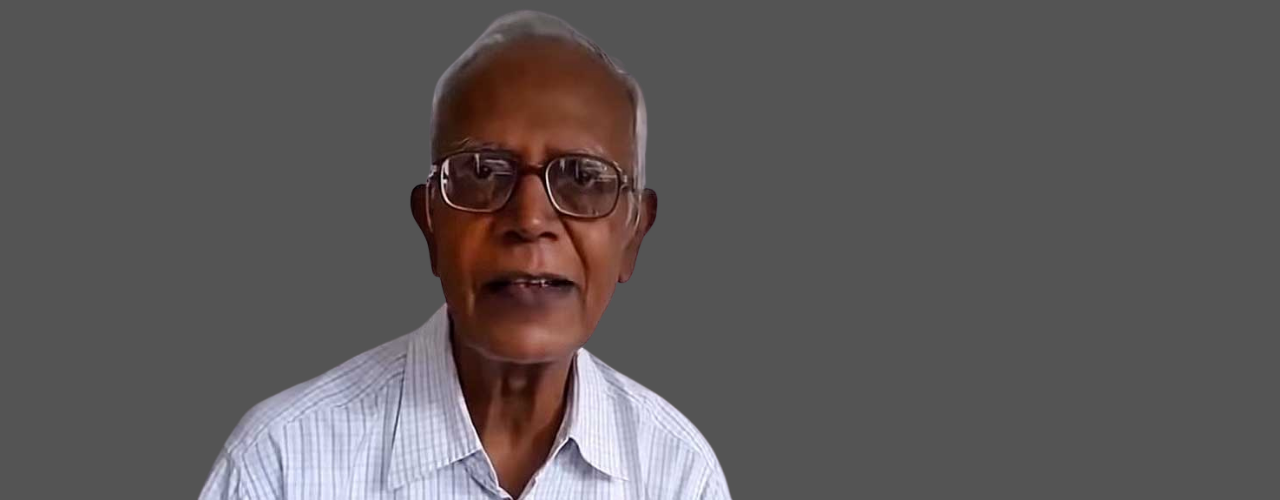
Harsh Mander, a prominent activist, described Swamy as “devoted to selfless defence of Adivasi [indigenous] rights, gentle, brave. Even from prison he grieved not for himself but injustice to poor prisoners.”
Working Notes is a journal published by the Jesuit Centre for Faith and Justice. The journal focuses on social, economic and theological analysis of Irish society. It has been produced since 1987.